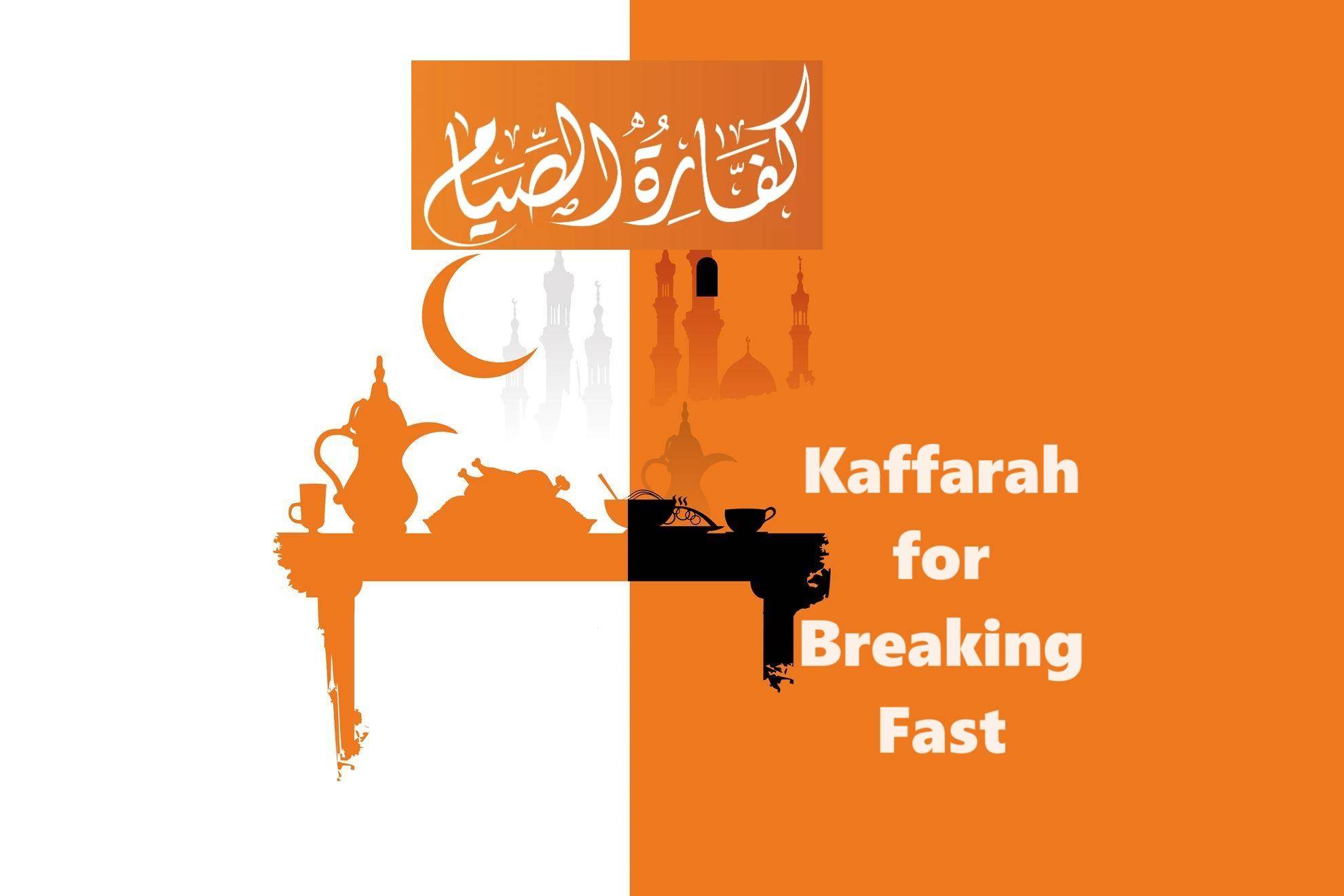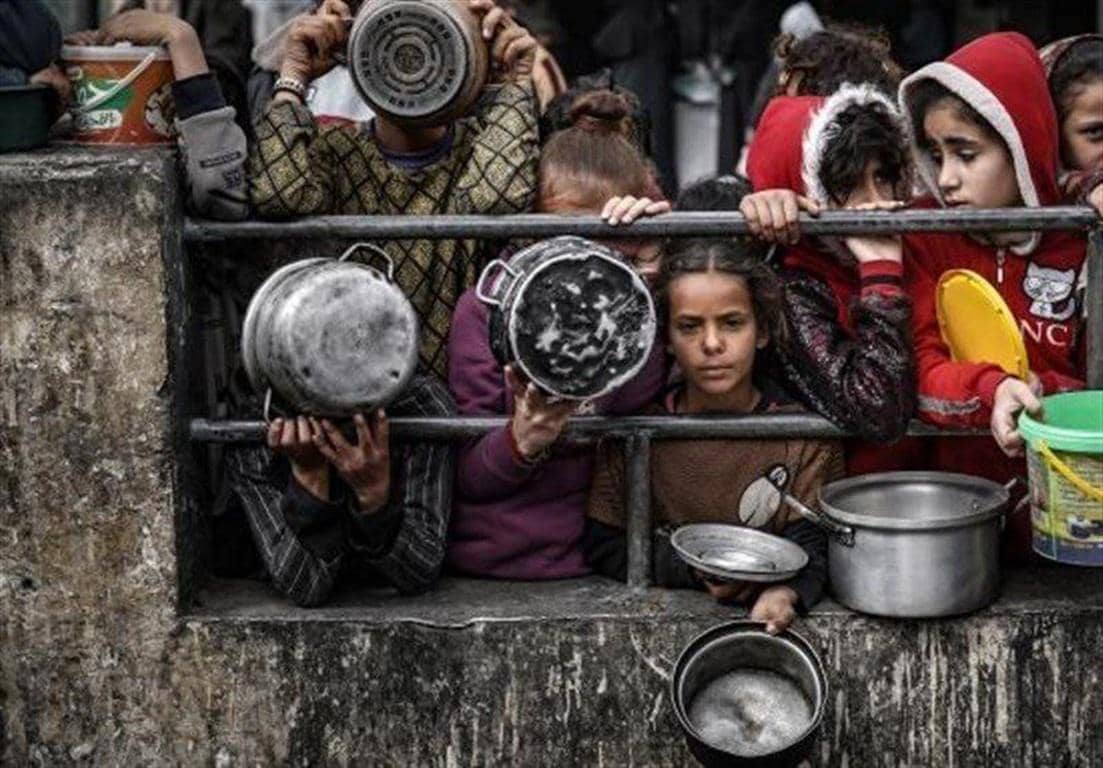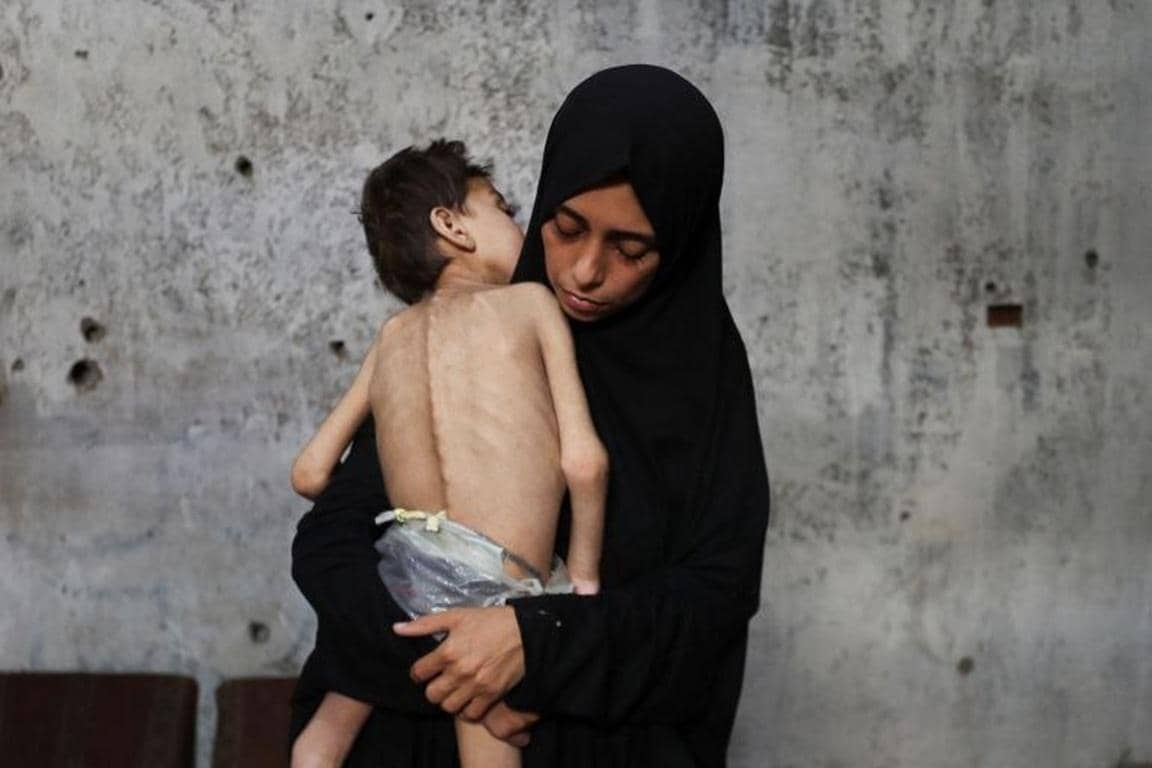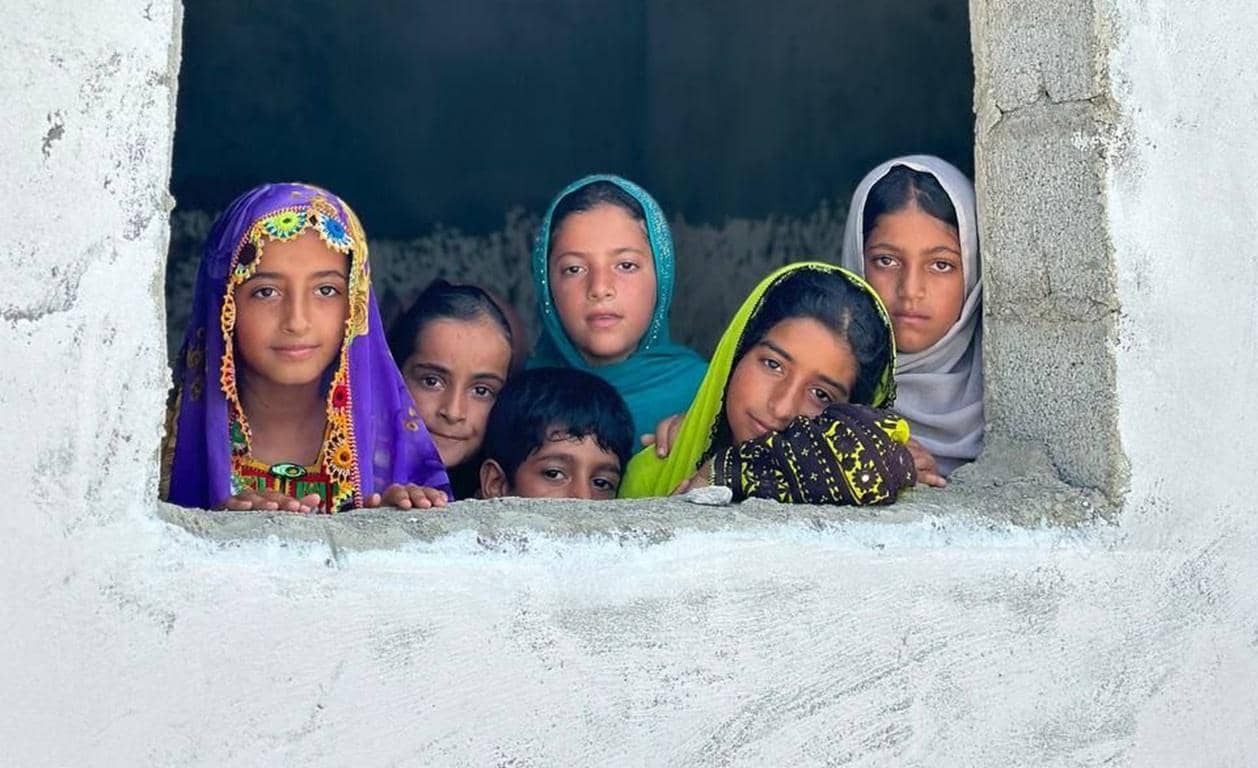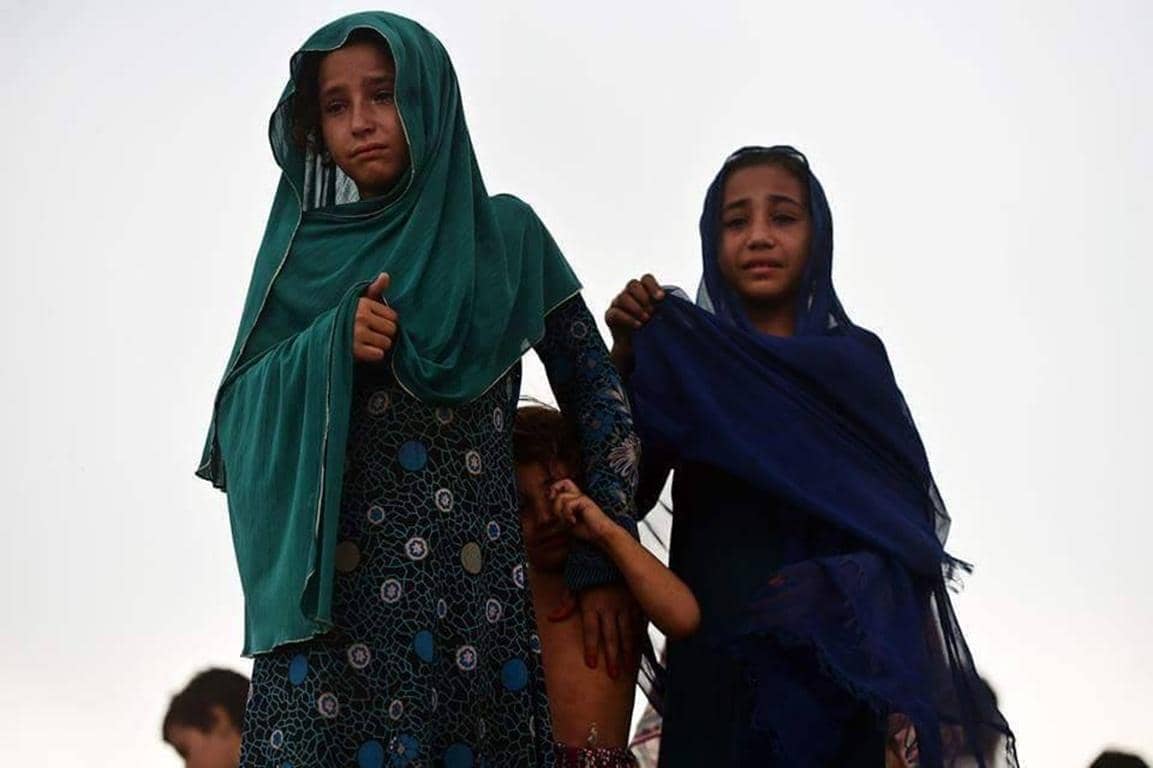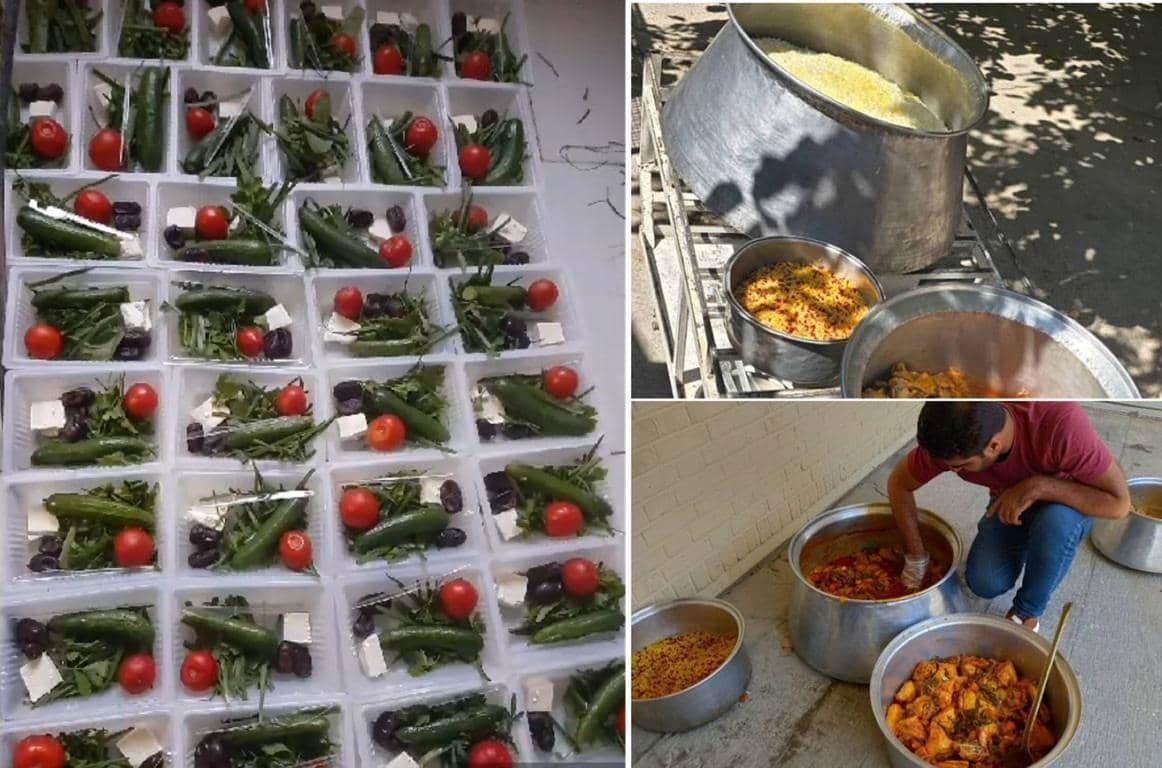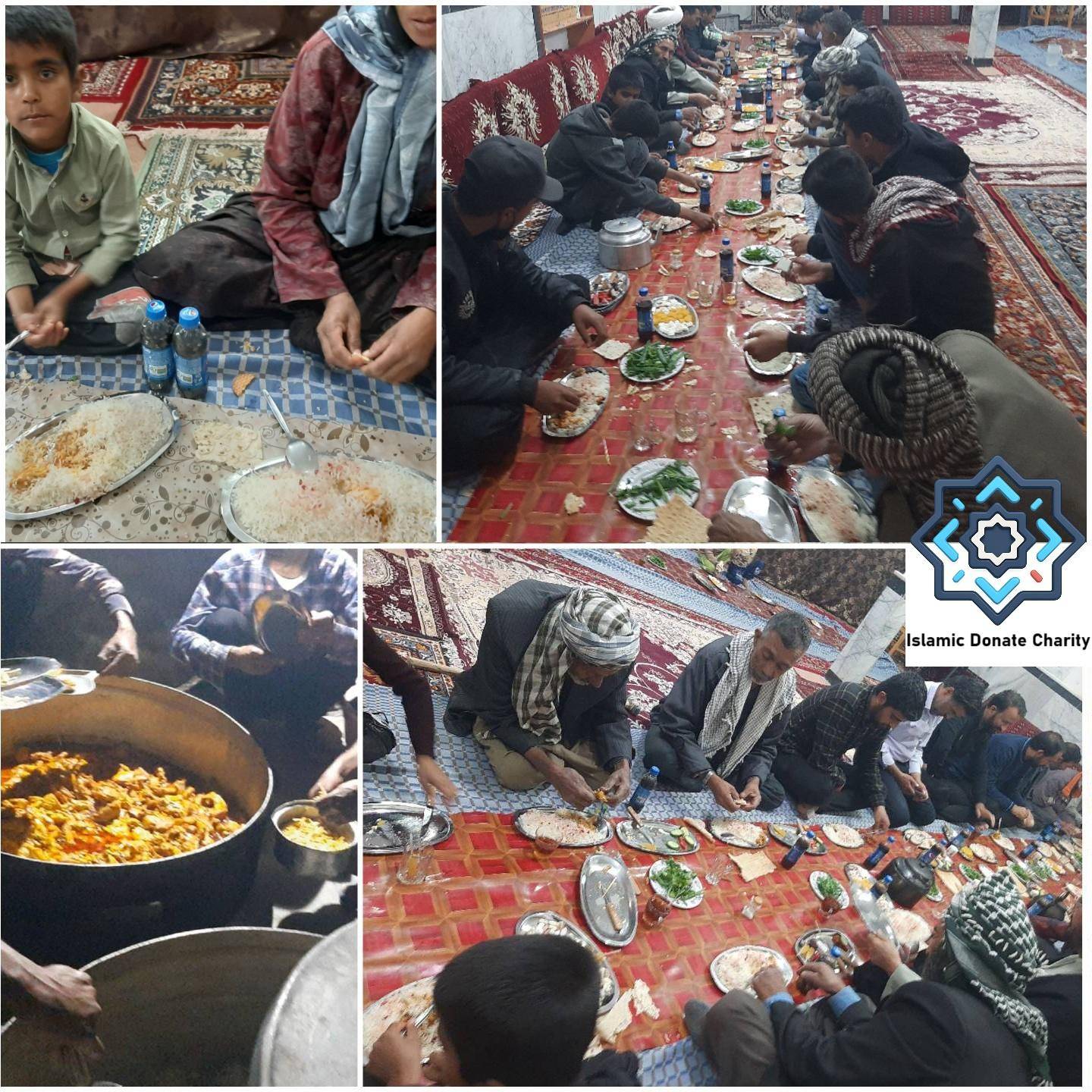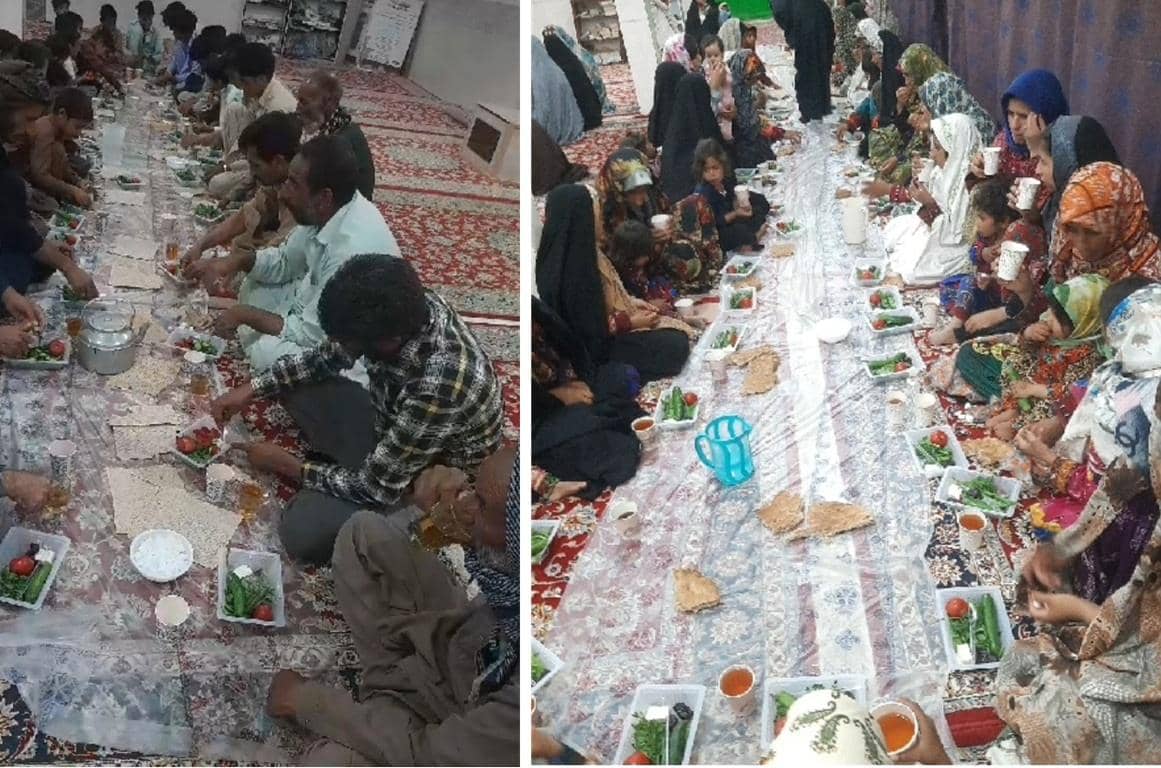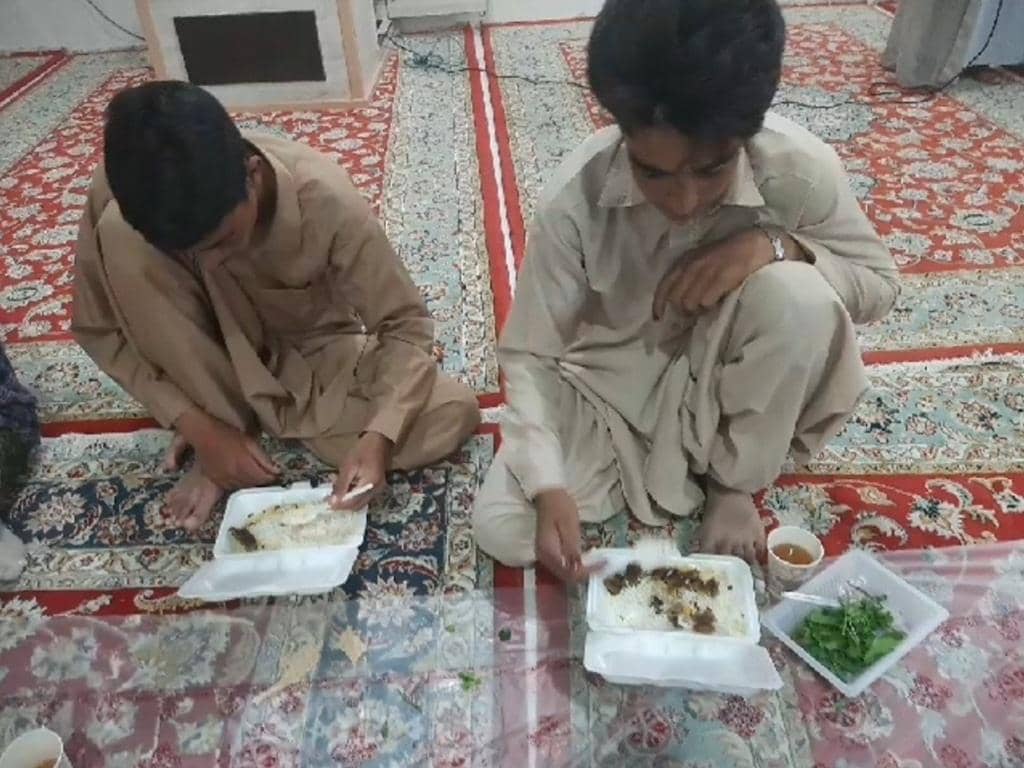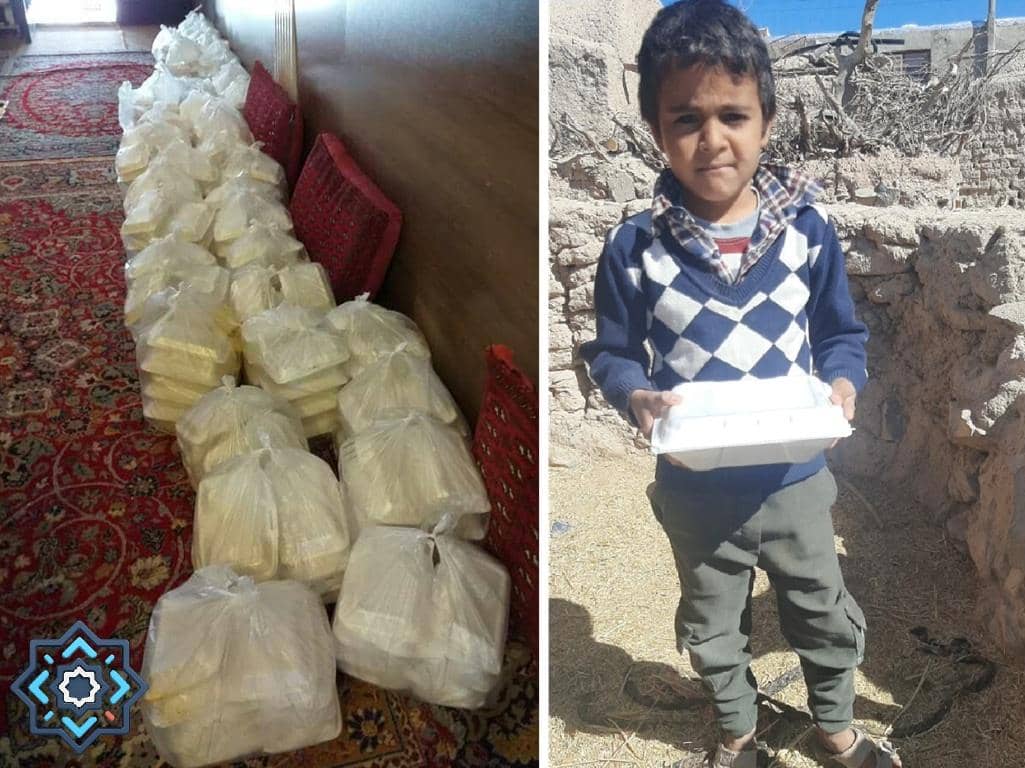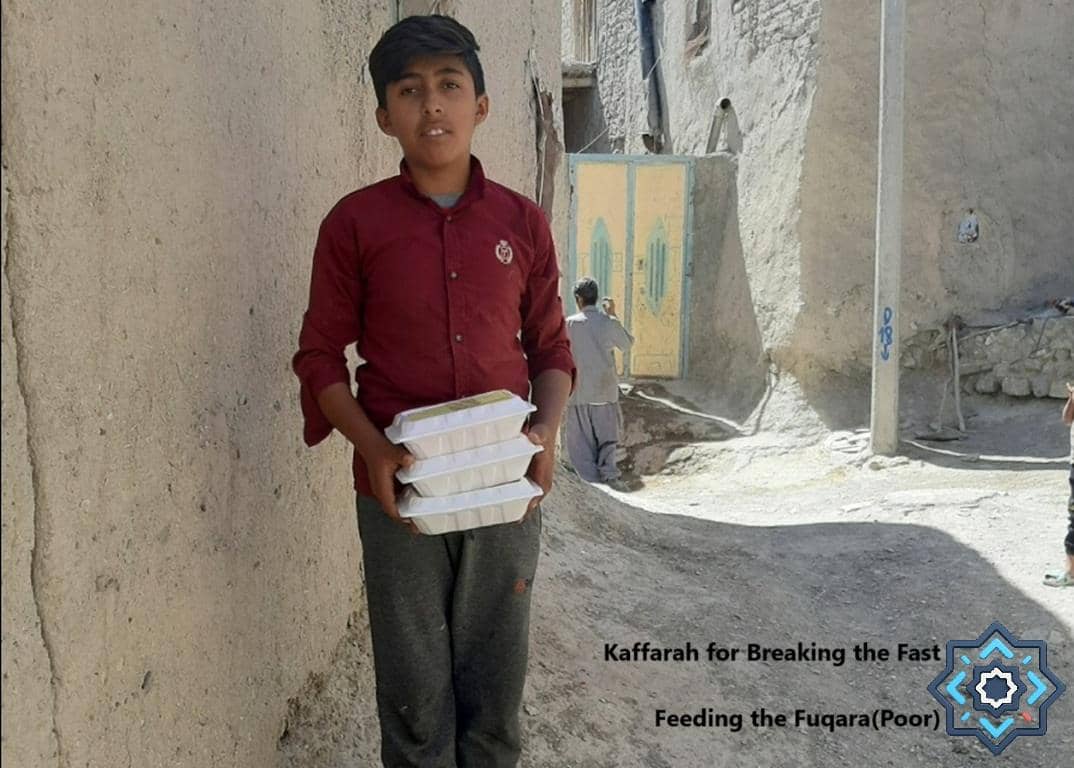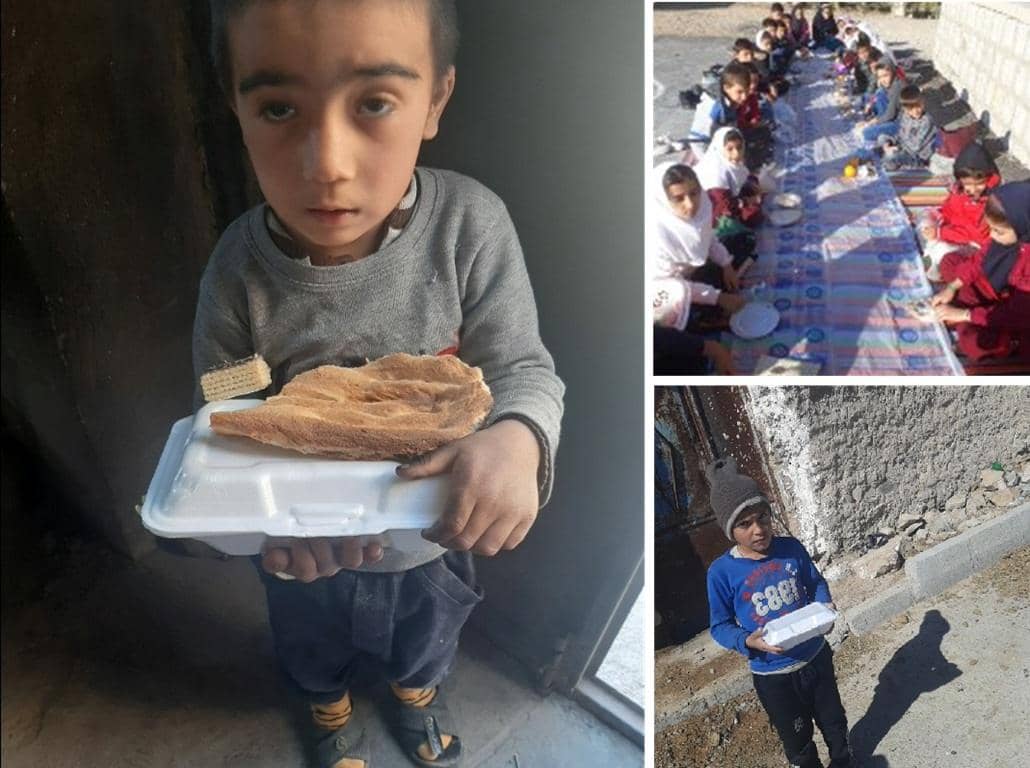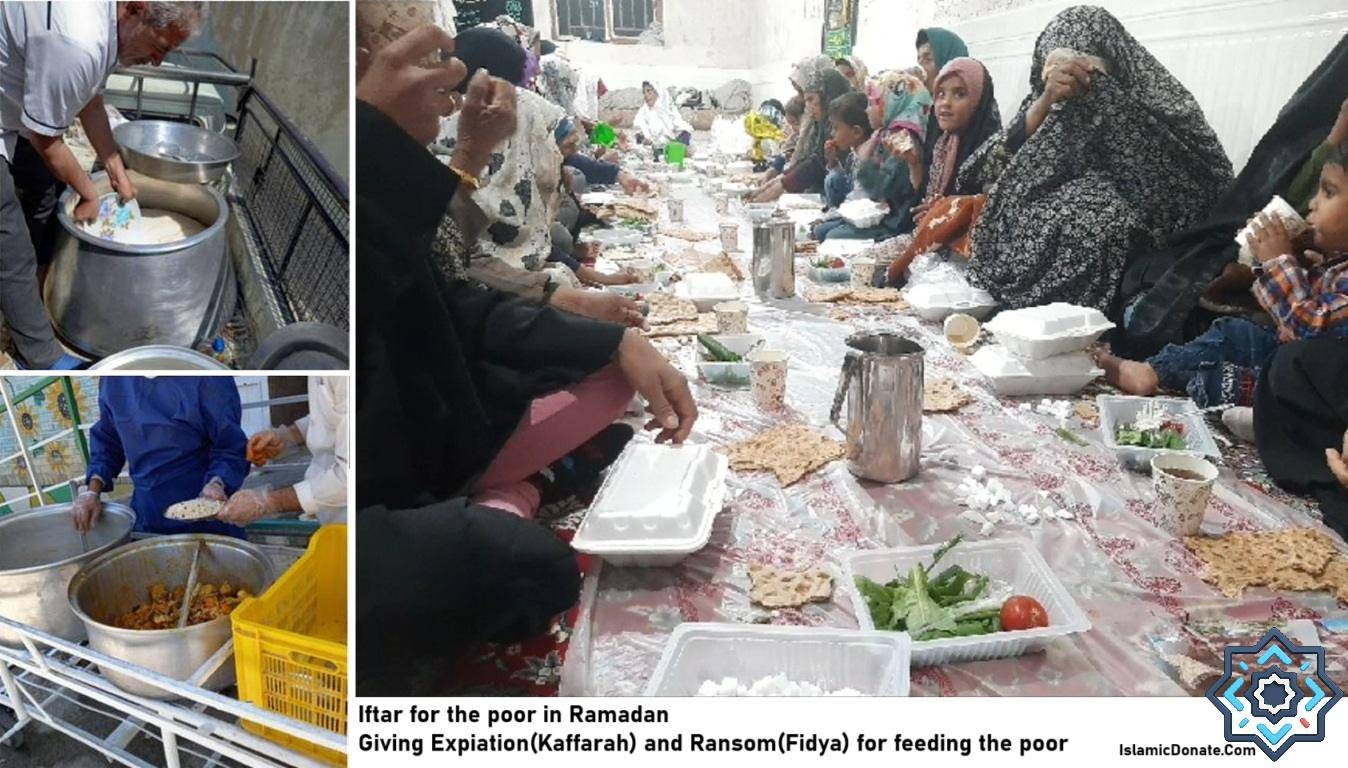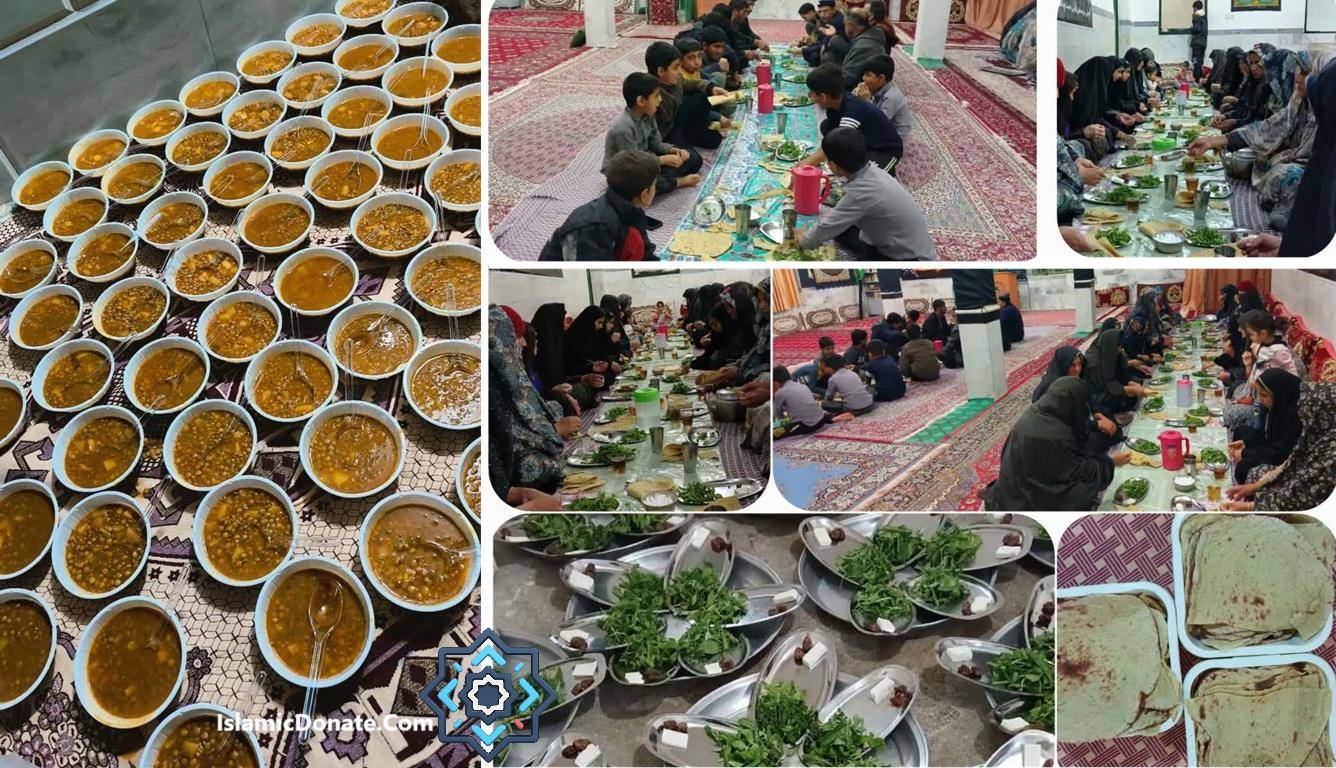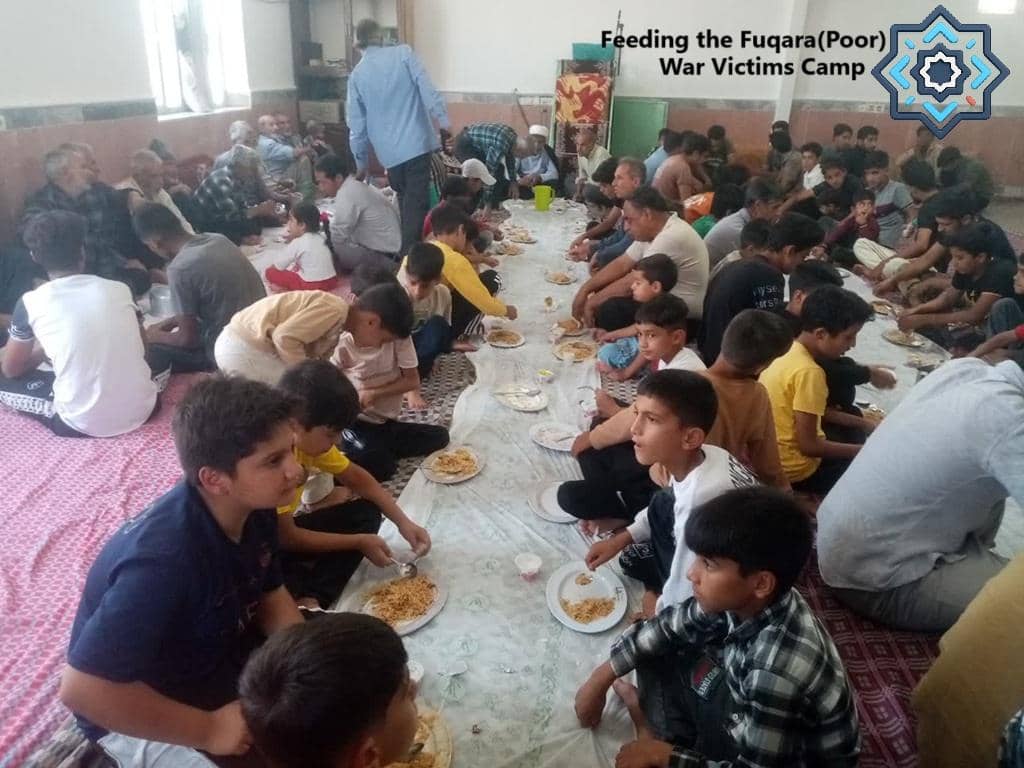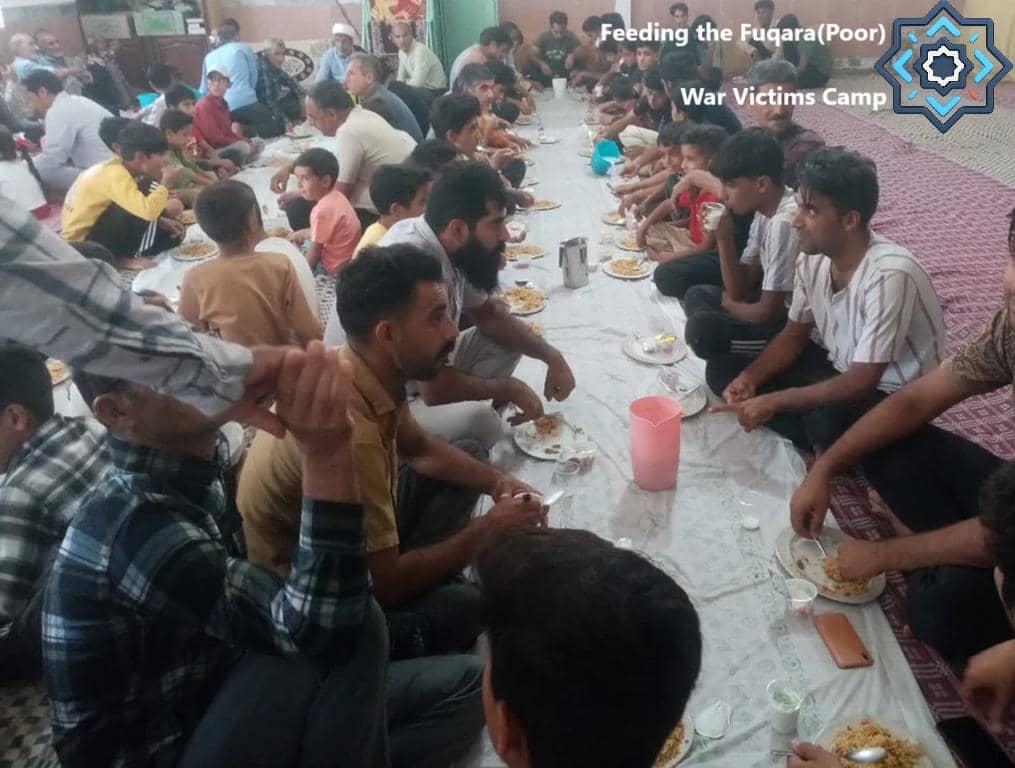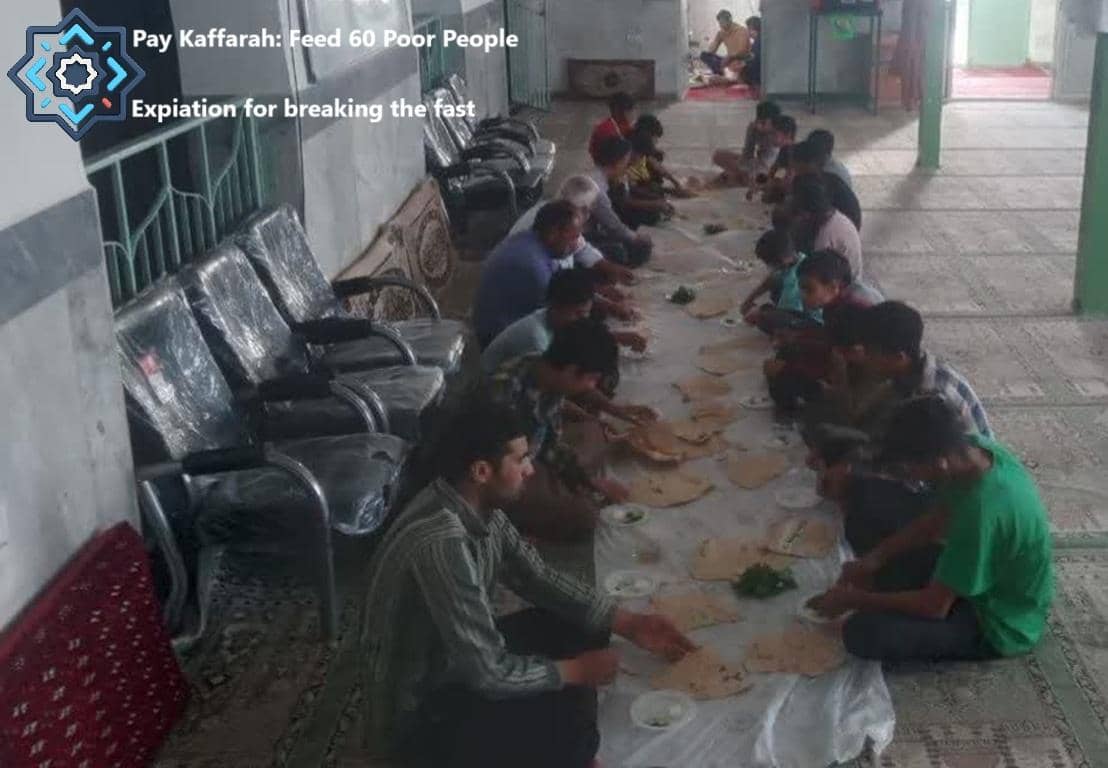Broke Your Fast in Ramadan? Make It Right Now & Feed 60 Hungry People Instantly.
Missing a fast in Ramadan without a valid reason carries a serious responsibility but you can make amends right today. Give your Kaffarah through crypto, and we’ll turn it into hot meals for the poor across Middle East, Africa, and Asia.
Act now to turn remorse into urgent relief. Your repentance becomes their relief.
Understanding Kaffarah: Fulfilling Your Ramadan Obligations
As Muslims, we strive to uphold the pillars of our faith. During Ramadan, fasting is a central practice, a time for spiritual reflection and connection with Allah (SWT). However, there may be situations where intentionally breaking the fast necessitates seeking forgiveness and making amends.
Yet, as humans, we are fallible. There may be moments when, through unintentional omission or deliberate action, we fall short of this duty. If you find yourself in the difficult situation of having intentionally breaking the Ramadan fast without a valid excuse, your heart is naturally filled with regret.
We want you to know that the path back to the embrace of Allah (SWT) is always open. The concept of Kaffarah is not a punishment; it is a profound gift a divinely mandated opportunity for expiation and return. It is a vital pillar of the Islamic system of compassion, ensuring that our personal mistakes are transformed into a mercy that prevents a fellow Muslim from going hungry.
Who and How Should the Kaffarah for Missed the Fast Be Paid?
Kaffarah becomes obligatory if a Muslim intentionally breaks their fast during Ramadan without a valid excuse. This includes:
- Eating or drinking intentionally during fasting hours.
- Engaging in marital relations during fasting hours.
- Having the intention to break the fast before dawn.
Here are some situations where Kaffarah wouldn’t be required:
- Unintentional consumption of food or drink (e.g., accidentally forgetting you’re fasting and taking a sip of water).
- Vomiting unintentionally.
- Becoming ill during the fast and needing to break it for treatment.
- Traveling a long distance that would make fasting difficult.
- Menstruation or postpartum bleeding for women.
If you’re unsure whether a specific situation necessitates Kaffarah, it’s always best to consult with a trusted Islamic scholar. They can provide guidance based on your individual circumstances. Our team also has trusted Islamic scholars and you can ask us your questions.
Determining the Kaffarah Amount in Ramadan 2026: Simplified
How Is Your Kaffarah Money Spent?
At Islamic Donate Charity, your Kaffarah donations are directly used to provide hot meals and staple food packages to the Fuqara(the poor and needy) in crisis-hit Islamic regions. From the camps of Gaza to rural kitchens in Africa and West Asia, every crypto donation you give turns into real, life-saving food, cooked and delivered with dignity and care. You are transforming your Kaffarah donation into the sustenance, warmth, and hope for sixty destitute souls. This is the highest form of turning remorse into mercy:
By paying Kaffarah through cryptocurrency, you not only fulfill your Islamic obligation with ease, but you also support sustainable and transparent charitable food programs that run 365 days a year:
Making Your Kaffarah Donation: Turn Sin into Reward
Islamic Donate charity offers a convenient and reliable platform for fulfilling your Kaffarah obligation. You can donate securely online, with complete anonymity. Your contribution will go directly towards providing meals to those in need, fulfilling the requirements of Kaffarah while promoting social good.
Remember, seeking forgiveness and striving to uphold our religious obligations are essential aspects of our faith. We’re here to support you on this journey.
Seeking Forgiveness, Restoring Connection: By Give Your Wajib Kaffarah to Allah
Frequently Asked Questions
1- How is the Kaffarah amount determined for fasting in Ramadan 2026?
For Ramadan 2026, the Kaffarah amount is set at 280 Tether (USDT) or an equivalent of $280 in other cryptocurrencies for one day missed. This calculation covers providing three complete and balanced daily meals for sixty needy individuals, as accurately determined by Islamic scholars and nutrition experts.
2- How can I fulfill my atonement obligation using cryptocurrency?
You can fulfill your Kaffarah obligation by making a digital donation through our secure platform. We accept various cryptocurrencies, including Bitcoin, Ethereum, and Tether. This modern method allows you to complete your religious duty with ease and transparency while ensuring your funds reach those in desperate need.
3- Where are the Kaffarah funds distributed and whom do they help?
Your donation is converted into hot meals and essential food provisions for the most vulnerable communities. We focus distribution on crisis-hit regions including Palestine, Gaza, Yemen, Pakistan, and Afghanistan. This ensures your expiation provides tangible relief and life-saving sustenance to sixty destitute souls in these high-need areas.
4- Can I pay my Kaffarah donation anonymously to cover my sins?
Yes, you can pay for your Kaffarah entirely anonymously. In Islam, it is understood that Allah covers our faults and is the ultimate judge. Our platform allows you to settle your religious debt privately between you and Allah, transforming your personal remorse into a mercy for the hungry.


